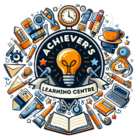Academics
Our Curriculum Overview
A Commitment to Excellence
At Achievers Academy, excellence is not just a goal; it’s a journey. We believe in providing our students with the highest quality of STEM education, empowering them to explore, discover, and excel in their chosen fields. Our team of experienced educators, passionate mentors, and industry professionals are committed to creating an environment that encourages curiosity, critical thinking, and creativity.
Through our rigorous curriculum, hands-on projects, and cutting-edge resources, we strive to instill in our students a deep understanding of STEM concepts and principles. We emphasize practical application, encouraging students to develop real-world skills that are essential for success in today’s rapidly evolving technological landscape.

Scratch
Scratchs user-friendly interface, consisting of drag-and-drop blocks, simplifies coding concepts, making it accessible to all ages. By creating animations, games, and interactive stories, learners enhance their creativity and problem-solving abilities. Scratch fosters collaboration and sharing within its online community, enabling users to showcase their work, learn from others, and receive feedback. Moreover, it promotes computational thinking skills, encouraging experimentation and iteration. Overall, mastering Scratch programming not only introduces individuals to the world of coding but also cultivates essential skills applicable across various disciplines.
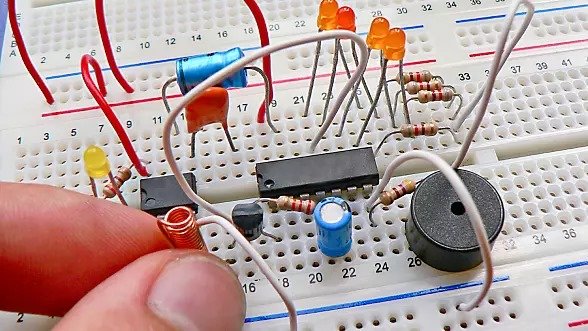
Hands on Electronics
Hands-on electronics offers numerous advantages, providing practical skills and insights into the world of technology. By engaging in hands-on projects, individuals develop a deeper understanding of electronic components, circuits, and systems. This knowledge fosters creativity and problem-solving abilities, as learners experiment with building and troubleshooting various electronic devices. Additionally, hands-on electronics education encourages critical thinking and analytical skills, essential for success in fields like engineering, robotics, and electronics design. Moreover, the tangible results of completed projects instill a sense of accomplishment and confidence, motivating individuals to further explore and innovate in the realm of electronics.
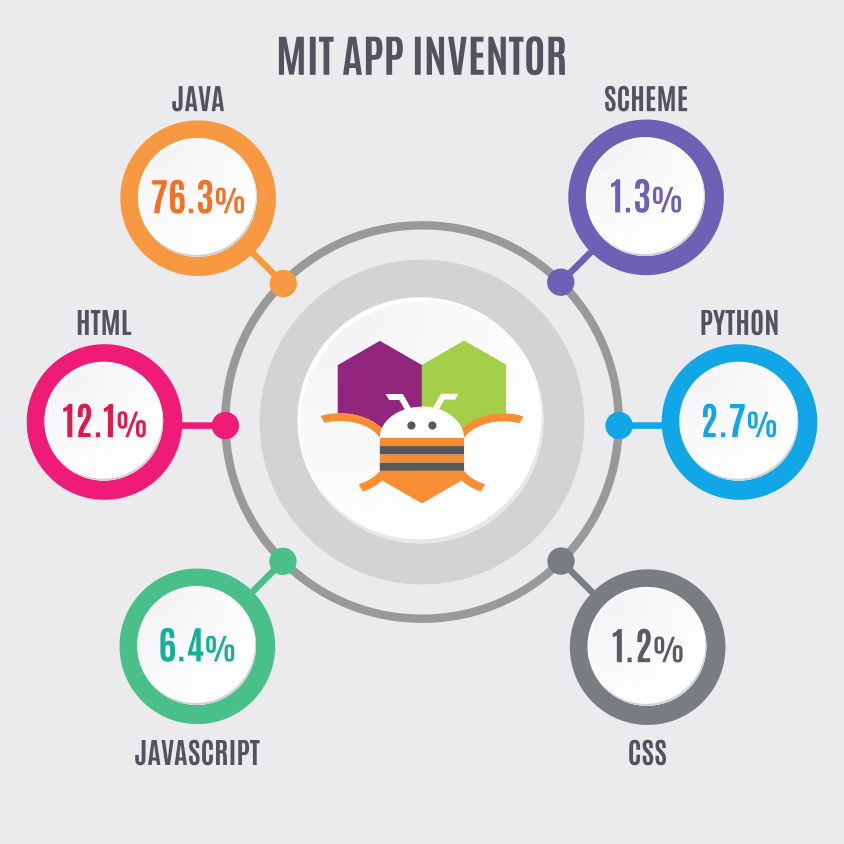
MIT App Inventor
Learning MIT App Inventor offers numerous advantages, particularly for aspiring app developers. Its visual interface and drag-and-drop features simplify the app development process, making it accessible even to beginners. By creating mobile applications for Android devices, learners gain valuable programming skills and experience in user interface design. App Inventor encourages creativity and innovation, allowing users to bring their app ideas to life quickly and easily. Moreover, its real-time testing capabilities enable rapid prototyping and iteration, facilitating a hands-on learning experience. Overall, mastering MIT App Inventor equips individuals with the tools and knowledge to develop functional, user-friendly mobile apps, opening up opportunities in the rapidly growing app development industry.
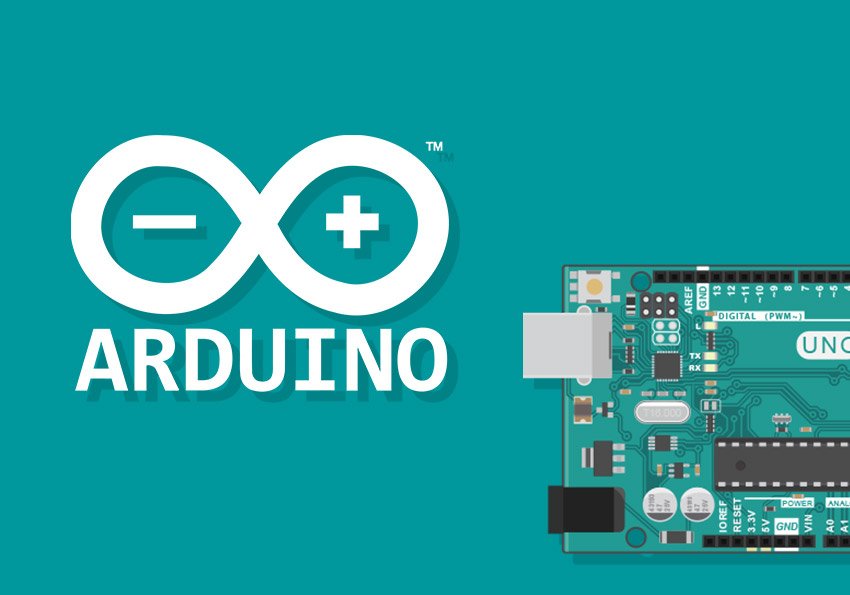
Arduino
Hands-on Arduino programming offers numerous advantages, particularly in the realm of electronics and prototyping. With Arduino, individuals gain practical experience in coding, circuit design, and sensor integration. Its open-source platform fosters creativity, allowing users to build a wide range of projects, from simple LED displays to complex robotics systems. Arduino's user-friendly interface and extensive community support make it accessible to beginners, while its versatility and scalability cater to advanced users. By mastering Arduino, learners develop crucial skills in problem-solving, critical thinking, and project management, preparing them for careers in engineering, IoT development, and beyond.
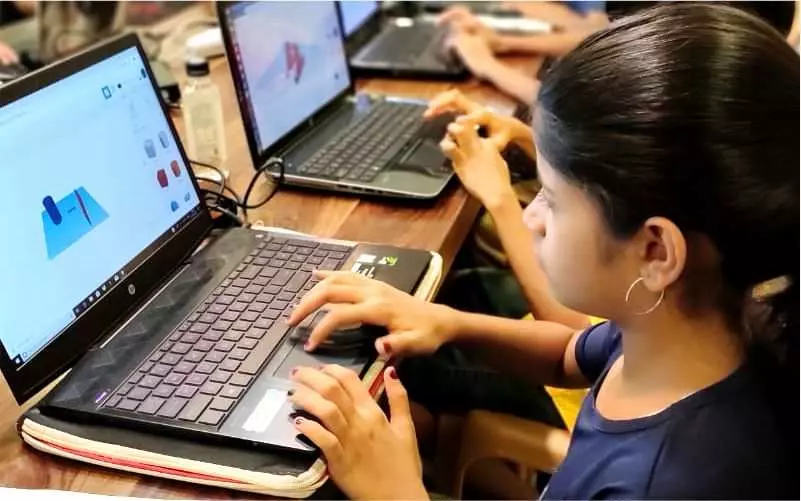
3D Designing & Modeling
3D designing and modeling offers numerous advantages, particularly in the fields of engineering, architecture, and product design. By mastering software such as Blender or Autodesk Fusion 360, individuals gain the ability to create intricate three-dimensional models with precision and detail. This skill enables them to visualize concepts more effectively, iterate designs rapidly, and simulate real-world scenarios. Moreover, 3D modeling fosters creativity and innovation, allowing users to bring their ideas to life in a tangible and immersive way. Additionally, proficiency in 3D design opens up opportunities in industries such as animation, gaming, and virtual reality, making it a valuable skill for future career prospects.
